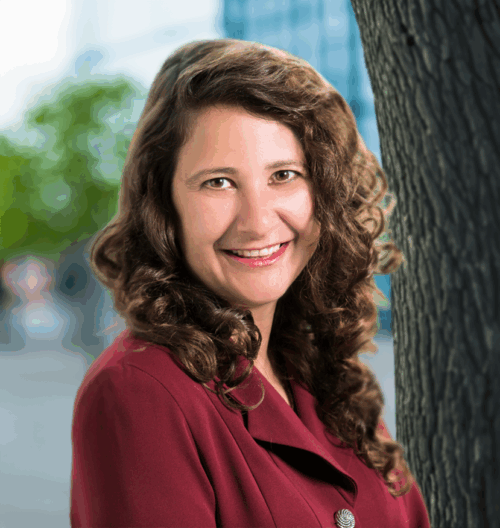Posted by Maria T. Hurd, CPA
Disclaimer: All blog posts are valid as of the date published.
 It has been almost two years since the DOL released the results of its study of the quality of work performed by independent qualified public accountants (IQPAs). The chart below succinctly summarizes the quantifiable aspects of their study:
It has been almost two years since the DOL released the results of its study of the quality of work performed by independent qualified public accountants (IQPAs). The chart below succinctly summarizes the quantifiable aspects of their study:
| Plans Audited | Number of Firms | Deficient Audits | ||
| 1 – 2 | 3,684 | 75.80% | ||
| 3 – 5 | 1,519 | 68.40% | ||
| 6 – 24 | 1,603 | 67.40% | ||
| 25 – 99 | 433 | 41.50% | ||
| 100 – 749 | 77 | 12.00% | ||
| 750 + | 14 | 12.00% | ||
| Firm Total | 7,330 |
Looking at the above results, some conclusions are clear. 6,806 of the 7,330 firms (93% of the audit firms) that audit retirement plans audit fewer than 25 plans. If your auditor falls in these categories, there is approximately a 70% chance that your plan audit is in some way deficient. Personally, I would not opt for those odds. The question becomes how does a plan sponsor find an auditor that provides the most value for every unsatisfying audit dollar expended?
In the past two years, we have had the opportunity to re-audit three years of financial statements for plans whose deficient auditors were referred to their Boards of Accountancy’s Ethics Divisions. Those financial statements had been attached to previously accepted Form 5500 filings that were subsequently rejected on account of the auditors’ deficiency. Needless to say, this was an unexpected cost and inconvenience to the plan sponsors who did not really understand that an audit is not a commodity and that hiring a quality auditor is a fiduciary responsibility.
On the other hand, hiring a large firm that audits thousands of retirement plans may not be the answer if the audit team assigned to the retirement plan audit is not specialized.
Key Auditor Questions
To determine whether a retirement plan audit team is truly specialized and committed to the practice area, it behooves the plan sponsor to inquire:
- How many plans does the team (not just the partner) that I will be assigned audit?
- BLS has a dedicated team that includes two supervisors, one manager and a partner who audit retirement plans only year-round. We currently audit fifty retirement plans.
- Please list the specialized retirement plan audit seminars attended by each person in the team in the past twelve months.
- The specialized team at BLS substantially exceeds the minimum CPE requirements of the AICPA’s EBP Audit Quality Center, taking all the required audit credits in retirement plan audit continuing education.
- What credentials can the team show to evidence their specialty and commitment to the industry?
- Not only do our supervisors and above have the Advanced Defined Contribution Audit Badge issued by the AICPA, they are also Qualified 401(k) Analysts (QKAs), a designation given by the American Retirement Association for the successful completion of a rigorous test.
- How many times has the DOL reviewed the accounting firm’s audit workpapers?
- The DOL has reviewed our workpapers twice in the past three years in connection with the re-audits of Forms 5500 discussed above and also as part of a random selection. The DOL did not note any deficiencies in our workpapers.
- How many IRS audits have the retirement plan audit clients passed and did the clients have to pay any sanctions or execute corrections?
- The IRS has audited 25% of our retirement plan clients and found no operational deficiencies that need correction for any of our audit clients.
- Is the firm a member of the AICPA Audit Quality Center? If so, what were the results of the last peer review?
- Yes, peer review is the most significant impact of belonging to the AICPA Audit Quality Center, since one of each type of plan audited must be selected. Our peer review results are public information on the AICPA website.
Documenting the inquiries made to ascertain your auditor’s dedication and commitment to the retirement plan audit specialty area is the best way to show that you are not treating the required audit as a commodity. In retaining every service provider to the plan, plan sponsors must show they are committed to their fiduciary responsibility to act in the best interest of the plan participants.
Photo by Hans Gerwitz (License)
